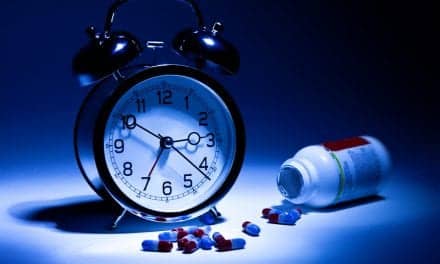New research on intermittent negative pressure looked at how this therapy impacts daytime sleepiness in a non-randomized clinical trial.
The study enrolled 7 men and 1 woman between the ages of 29 and 50 with moderate sleep apnea. They visited the Fukuoka Urasoe Clinic in Fukuoka, Japan, between September 2017 and March 2019. Researchers excluded patients with a history of cardiovascular diseases, cerebrovascular diseases, or diabetes mellitus.
Patients underwent a polysomnography before and after the iNAP trial. The polysomnography included continuous monitoring with EEG, EOG, ECG, and EMG. Oral and nasal thermistors monitored airflow. Respiratory inductance plethysmography measured respiratory effort. Oxyhemoglobin saturation was recorded using a pulse oximeter. Researchers also assessed sleepiness before and after using the Epworth Sleepiness Scale (ESS). Patients wore the device from a minimum of 27.4 days up to 58.3 days.









